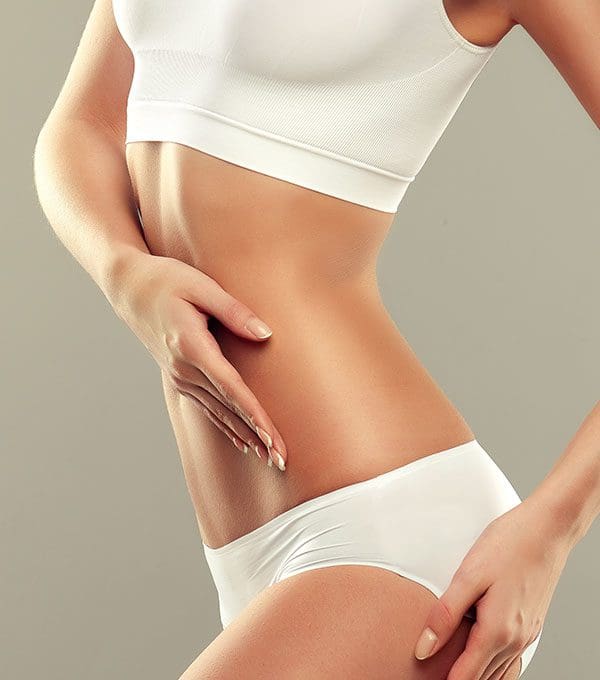Botox
Why Do We Grind Our Teeth So Much?
As the recession continues, and more of us feel susceptible to stress, some dentists are saying more of us are grinding our teeth. And it can occur during the day as well as at night-time. But why is bruxism (the medical term for teeth grinding or clenching) on the rise?
It’s now widely believed that anxiety and stress are at least aggravating factors. And many dentists are noticing that, with longer working hours, and increased stress in the workplace in the last few years, clenching of teeth is steadily rising.
Jaw anatomy can be another factor, including jawbone shape, and how teeth are positioned in relationship to each other. Another factor in teeth grinding can be diet – there is a theory that, given Western diets of generally soft food, jaws are getting smaller in size, and more overcrowded.
Symptoms
Dentists look for particular indications of wear, including enamel flaking, or even a complete fracture of the tooth, even where no decay is present. Another indication can be the noise of grinding and gnashing – which often wakes up partners who are asleep.
Here are some other tell-tale signs of this condition:
• Worn enamel exposing softer, orange coloured dentine
• Lower incisors have become worn flat
• Teeth in the upper jaw are more angled, thin and translucent, and there is a risk that they may chip
• The roof of the nerve chamber is visible in the centre of the tooth
Headaches and jaw pain are also potential indicators of bruxism. The condition also means that people’s jaws become over-developed, so that your face will look quite unattractively wide.
But, however the symptoms are felt, dentists agree that treating bruxism at an early stage is vital.
Here are some of the things that are often suggested:
• Nightguards worn over teeth to protect them and stop the effects of teeth grinding, although that doesn’t actually stop the bruxism completely
• Muscle massage to reduce symptoms, counselling to relieve symptoms of stress, and even hypnosis.
Treatment for Teeth Grinding from botonics Plastic Surgery Group
If you’re in the capital and looking for cosmetic surgery in London specifically, botonics Plastic Surgery Group, we offer a safe and straightforward teeth grinding treatment in the form of Botox treatment. We have developed a technique that gives a reliable, attractive result with minimal risks and discomfort.
Several sessions are needed to shrink the jaw muscle. We start the process with a free consultation and can often treat you on the same day if you wish. (You are not obliged to proceed with treatment at all.)
Jaw muscles relax and then shrink over time. So you will need a number of visits to our Harley Street clinic to carry out a series of minor injections – each visit will take no longer than half an hour.
We use only brand name, top of the range Botox approved for use in the UK – beware lesser brands and cut-price treatments.
What’s more, we give you the chance to see before and after photos of previous clients, offer a transparent pricing structure and offer expert treatment with a highly personal touch.
Learn more online today.
-







